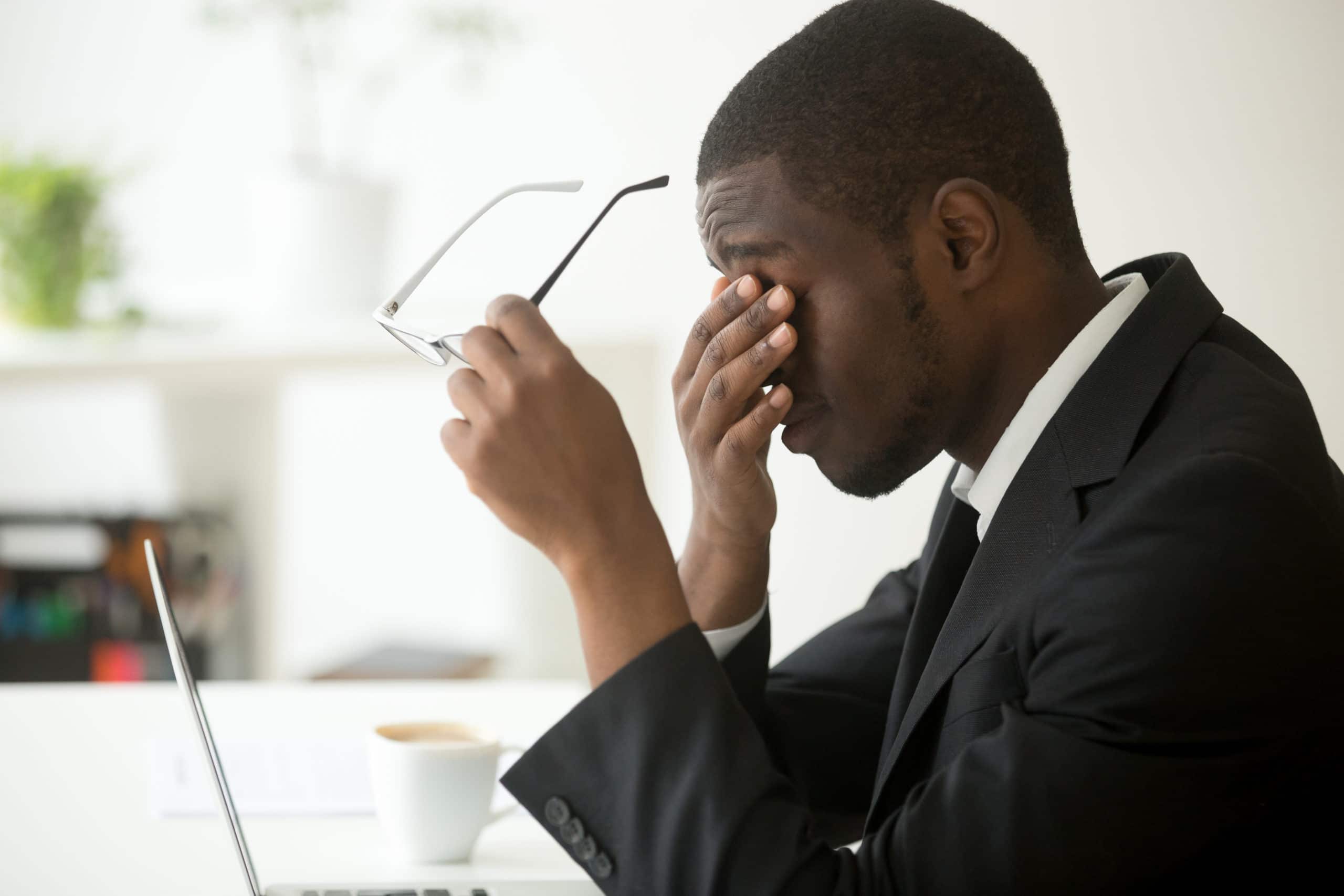Dizziness & Vertigo

What is Dizziness & Vertigo?
Dizziness can be significantly impactful in your life, causing you the inability to complete daily tasks. The vestibular system often causes dizziness, which includes parts of the inner ear and brain. These parts process the sensory information involved with controlling balance and eye movements. If there is dysfunction in these processing areas, vestibular disorders can result. Vestibular disorders can also result from or made worse by genetic or environmental conditions, or occur for unknown reasons.
What Is Dizziness, Vertigo, & Benign Paroxysmal Positional Vertigo?
Dizziness affects about 15% to over 20% of adults seen yearly in large population based studies . It has been reported that 35% of US adults aged 40 years and older had evidence of balance dysfunction. BPPV (Benign paroxysmal positional vertigo) is the most common vestibular disorder, and may account for up to one-third of vertigo presentations.
Benign paroxysmal positional vertigo can occur at any age and is most common in the 5th-6th decades of life . Vestibular migraine is the second most common cause of dizziness (6-9%
prevalent). Dizziness and vertigo are the most frequent persistent symptoms post MVA with an
hreincidence of 25% . Make an appointment with our trained physical therapists today!
Who Can Benefit From VRT (Vestibular Rehabilitation Therapy) for their Dizziness and Vertigo?
The most commonly diagnosed vestibular disorders include benign paroxysmal positional
vertigo, labyrinthitis or vestibular neuritis, vestibular migraine, concussion, and cervicogenic
dizziness. Vestibular rehabilitation therapy for the above conditions, along with balance training leads to:
- decreased fall risk
- improved balance
- decreased dizziness
- increased body strength
- improved ability to stabilize vision
- improved neck motion
- return to prior level of movement/function
- increased confidence to maintain balance
- return to athletic performance
What To Expect In A Vestibular Physical Therapy Visit for your Dizziness and Vertigo?
The vestibular physical therapist will conduct a comprehensive evaluation and perform tests
using specialized equipment to view eye movements. A vestibular individualized treatment plan
may include:
- Balance retraining and balance strategies which helps the body to regain confidence
in activities of daily living and work. - Sensory organization techniques and gaze stabilization strategies to help the body
use its senses to overcome dizziness and decreased balance - Habituation exercises: helping the body to decrease dizziness by repeatedly exposing
it to a stimulus. - Canalith repositioning maneuver: a maneuver performed by the physical therapist to
manipulate the calcium crystals found in the inner ear that cause dizziness.
- Individualized home exercises based on your specific needs and goals.
